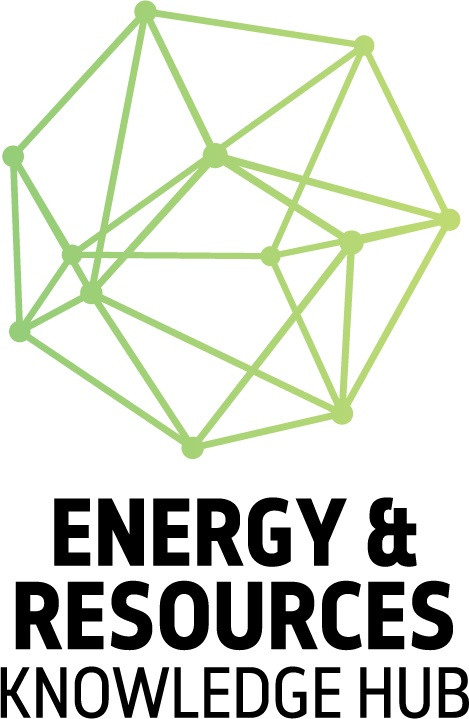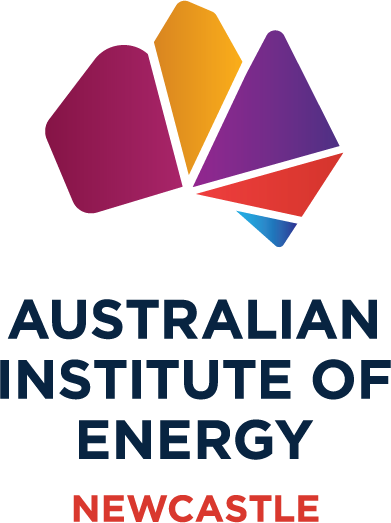Interim report projects massive scale of future renewables infrastructure and workforce
The two-year Net Zero Australia collaboration study is analysing how Australia can achieve a net zero economy by 2050

The Net Zero Australia (NZAu) project is a collaborative partnership between The University of Queensland, the University of Melbourne, Princeton University and management consultancy Nous Group.
The project is based on Princeton University’s Net-Zero America study, which produced research scenarios ranging from 100% renewable energy to one which includes significant carbon capture and storage. The research then went on to assess the progressive impacts of each scenario on emissions, infrastructure, costs, employment, land use, air pollution and other important outcomes at a high level of geographic resolution, ultimately defining clear pathways to decarbonisation.
An interim report released this week has highlighted ten Australian specific insights so far uncovered by the research program:
- Renewables will produce most or all domestic energy by 2050
- More productive use of energy can keep domestic demand about the same, despite population growth
- Carbon capture, utilisation and storage (CCUS) can play an important role, complementing renewables
- Unprecedented capital investment is needed, which will produce significant benefits
- Domestic energy’s share of GDP need not rise above today’s level, while being less prone to price shocks
- Clean energy can replace our fossil fuel exports
- The cost to export clean energy may rise, but should be competitive in a decarbonising global economy
- A large workforce with new skills will grow across the nation, particularly in northern Australia
- Emissions from farms, forestry and waste should fall, but are unlikely to reach net zero
- Large changes in land and sea use will occur, and will need careful planning and community engagement.
The Net Zero Australia project will produce two more major outputs. The Final Modelling Report is due in April 2023. This includes modelling of a straight line reduction from 2020 to net zero in 2050 for Australia's domestic emissions, and modelling a straight-line reduction from 2030 to net zero in 2060 of offshore emissions from fossil fuel exports. The target date reflects commitments by major trading partners, with final modelling dependent on variables such as land use, infrastructure and cost.
The final report will also model faster decarbonisation – net zero in 2040 for domestic emissions, and 2050 for exports.
A Mobilisation Report will follow in June 2023, identifying and assessing action that may be taken by governments, companies and communities to achieve these four crucial goals. This non-partisan process will be informed by an Advisory Group which includes nominees from the Australian Conservation Foundation, the Australian Council of Trade Unions, the Climate Council, Energy Consumers Australia, the Ethics Centre, the National Farmers Federation, St Vincent de Paul, three independent members, and nominees from each of the sponsoring organisations.












